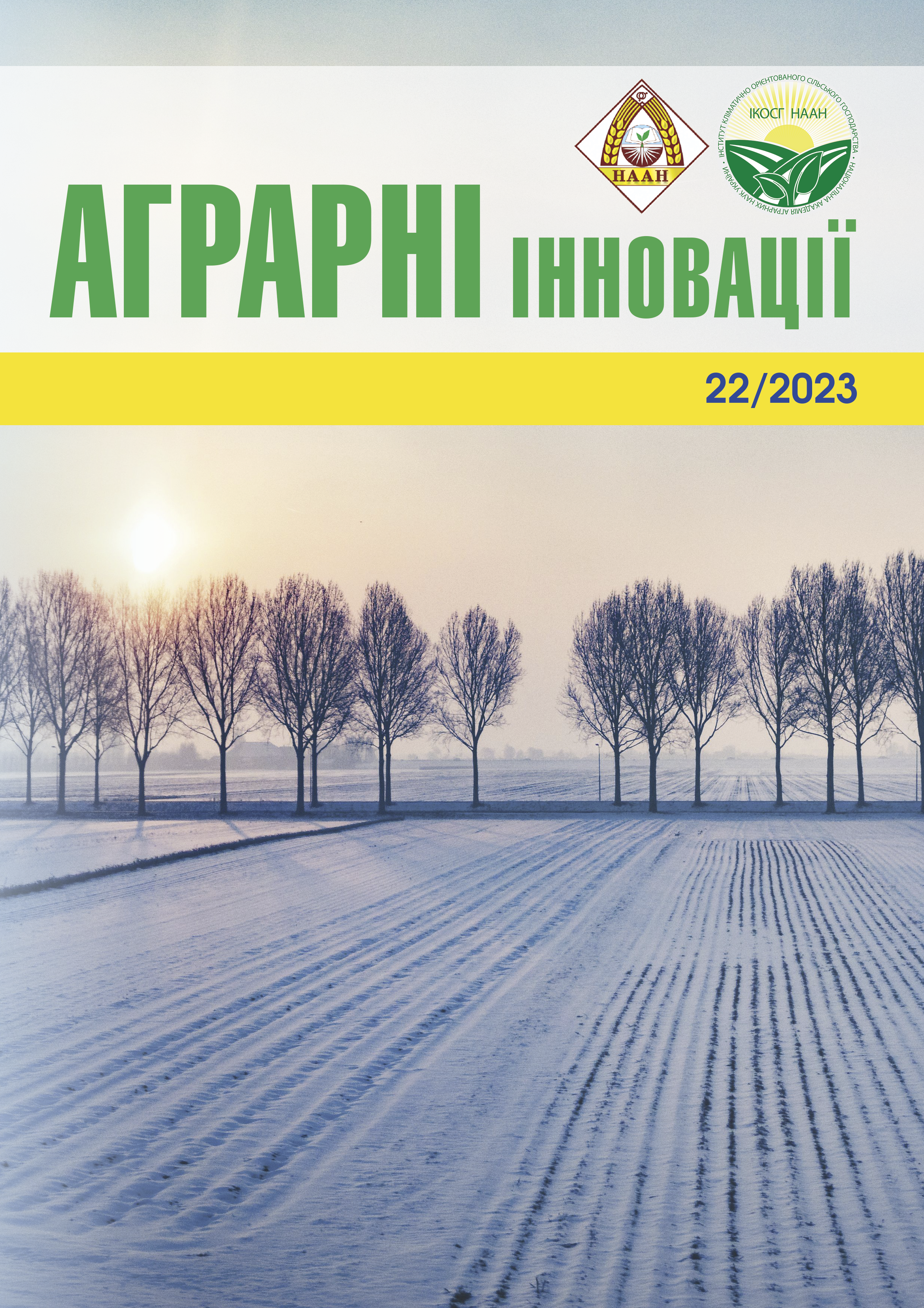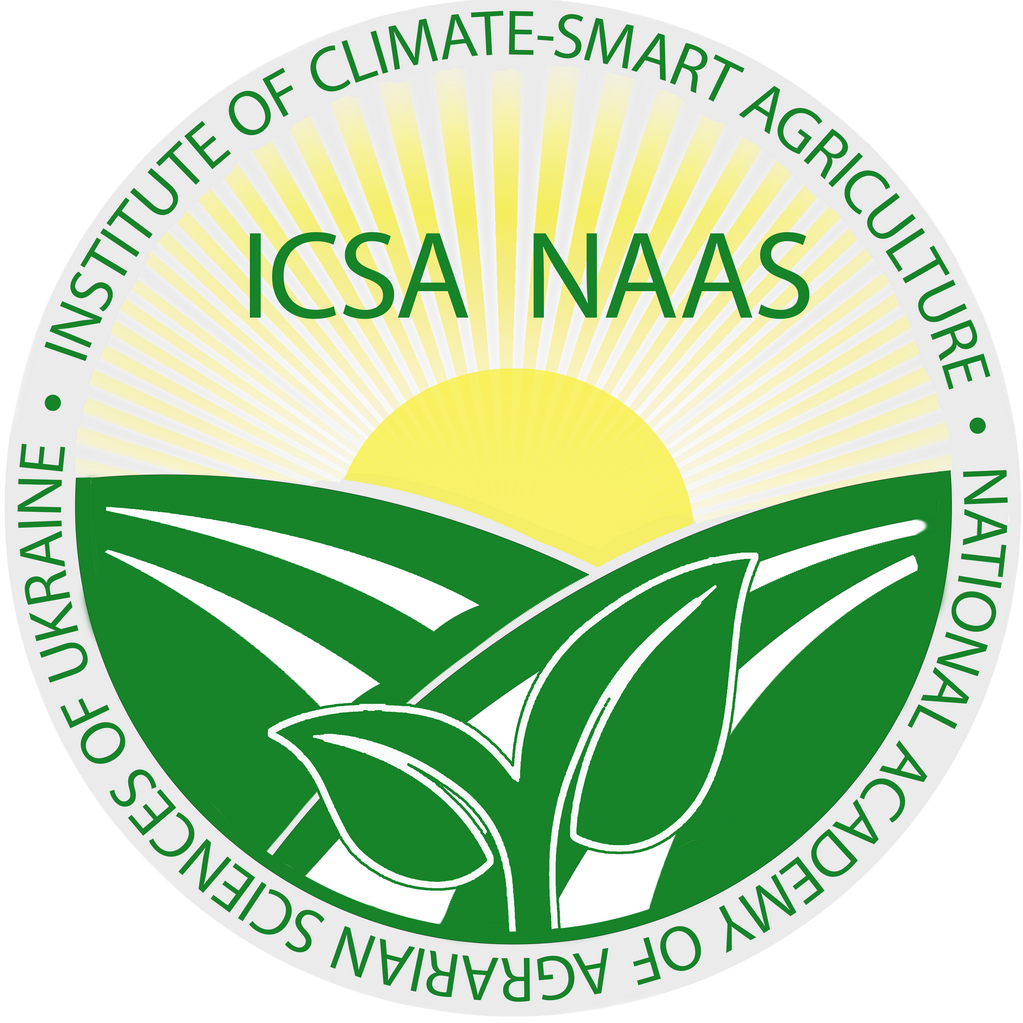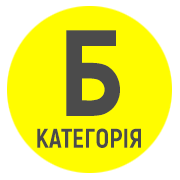BIODEGRADATION OF ORGANIC HOUSEHOLD WASTE USING VERMICOMPOSTING
Abstract
Irrational waste management leads to changes in ecosystems, including air, water and soil pollution, therefore it poses a real threat to human health. The increase in the generation of solid waste is a burden on the high costs of the state budget. Population growth, rapid urbanization, booming economies, and rising living standards have significantly accelerated the rate, volume, and quality of solid waste generation. The biodegradation of SНW over time is an important factor that determines the amount of recycled material, especially its organic component. Purpose. The goal is to develop a technology for processing the organic component of household waste by the method of step-by-step composting with the participation of effective microorganisms and compost worms Methods. In the process of performing the work, general scientific and special research methods were used: comparative-analytical (physical-chemical and agrochemical research, comparative- calculation and statistical (mathematical and statistical processing of experimental data). The results. The results of the conducted research showed that after the completion of the composting process, the obtained organic fertilizer EM compost is an important source of organic matter and can be used to restore the potential fertility of soils to maintain sustainable agricultural production in the region and the country as a whole. The developed new biodegradation technologies of organic waste with the help of Lumbricus terrestris and Eisenia foetida, adapted to the conditions of the Kirovohrad region, make it possible to obtain organic fertilizer «EM compost» with a high content of humus – more than 10 %. The output of biohumus depends on the type of feed for worms. Eisenia foetida forms 1,7 % more humus compared to Lumbricus terrestris. Findings. A comprehensive analysis of the results of our experiment showed that the use of the organic component of household waste as a food substrate for Eisenia foetida individuals does not ensure an increase in the productivity of vermiculture processes, causes a decrease in the biomass of individuals and a decrease in their fertility indicators. At the same time, individuals of Lumbricus terrestris, on the contrary, have better fertility indicators, so they are ideal for vermiculture processes. Among the investigated types of waste, the best indicators of fertility of both types of compost worms, providing high indicators of biomass growth of individuals, are horse manure and the organic component of solid waste in comparison with cattle manure and chicken droppings, which are traditionally used in vermiculture to obtain organic fertilizer.
References
2. Судецька О. Ефективність виробництва і застосування органічних добрив «біогумус» виготовлених методом вермикультивування. Вісник ТНЕУ, № 1,
2014. С. 164-170.
3. Хазан В.Б., Лівшиць О.К. На шляху до екологічно стійкого використання ресурсів в Україні: проблема накопичення промислових відходів, Дніпропетровськ: Січ, 1999. 27 с.
4. Кривенко С. В. Проблеми вдосконалення системи управління сферою поводження з твердими побутовими відходами: регіональний аспект. Управління розвитком. 2015. № 2. С. 12–19.
5. Скіп О. С., Буцяк В. І., Печар Н. П. Технологічні властивості та хімічний склад опалого листя як субстрату для вермікультивування. Науковий вісник
ЛНУВМБТ ім. С. З. Гжицького. Львів, 2011. Т. 13, № 2 (48), Ч. 1. С. 466–470.
6. Журавель С.В., Кравчук М.М., Клименко Т.В., Поліщук В.О. Вирощування черв’яків промислового спрямування контейнерним способом в умовах
Житомирського Полісся. Наукові горизонти. 2020. № 5 (90). С. 22-28. DOI: 10.33249/2663-2144-2020-90-5-22-28.
7. Скидан О.В. Збір і переробка сміття: екологічні ефекти в аграрному секторі економіки. Вісник ЖНАЕУ. Серія «Економіка природокористування та екологічний менеджмент». 2017. № 1(59). С. 148–155.
8. Лінник М.К., Сенчук М.М. Технології і технічні засоби виробництва та використання органічних добрив:[-монографія]/ за ред. доктора технічних наук, академіка НААН В.В. Адамчука. Ніжин. Видавець ПП Лисенко М.М., 2012. 248 с.
9. Ковальов М.М., Мостіпан. М.І., Кулик Г.А. Отримання біокомпосту за попередньою обробкою сировини ЕМ-препаратами. Аграрні інновації Рецензований науковий журнал. № 3. 2020. Видавничий дім «Гельветика»,. С. 39-44. http://agrarian-innovations.izpr.ks.ua/index.php/agrarian/article/view/469/493.
10. Kovalov Mykola. Development of energy-saving technology of closed production cycle in intensive growing of pleurotus ostreatus and agaricus bisporus
mushrooms. / Theoretical and practical aspects of science development: scientific monograph. Part 1. Riga, Latvia: Baltija Publishing, 2023. рp.372-404.
http://baltijapublishing.lv/omp/index.php/bp/catalog/view/371/10218/21302-1
11. СОУ 24.15-37-506:2007 Добрива органічні. Біогумус. Виробництво. Типовий технологічний процес: К. Мінагрополітики України, 2007. 22 с.
12. Яровий А. Т., Страхов Є. М. Багатовимірний статистичний аналіз : начально-методичний посібник для студентів математичних та економічних фахів. Одеса: Астропринт, 2015. 132 с
13. Сендецький В. М. Технологічні аспекти переробки органічних відходів АПК методом вермикультивування. Івано-Франківськ : Фоліант, 2010. 53 c.
14. Сонько С. П., Голубкіна О. М. Вермикультура як засіб стабілізації агро екосистем. Бioсфера XXI століття: 192 матеріали III всеукраїнської конференції. м. Севастополь, 2011 р. Вид-во Сев НТУ, 2011, С. 125-127.
15. Радовенчик В.М., Гомеля М.Д. Тверді відходи: збір, переробка, складування. Навчальний посібник, Київ: КОНДОР, 2010, 551 с.
16. Відходи виробництва і споживання та їх вплив на грунти і природні води: Навчальний посібник / За ред. В.К. Хільчевського. К.: Видавничо-поліграфічний центр «Київський університет», 2007. 152 с.
17. Медведєва О,В., Кропівний В.М., Мірзак Т.П. Особливості поводження з твердими побутовими відходами на місцевому рівні. Дорожня карта реалізації Закону України «Про управління відходами»: збірка матеріалів Національного форуму «Поводження з відходами в Україні: законодавство, економіка, технології» (м. Київ, 24–25 листопада 2022 р.). К. : Центр екологічної освіти та інформації, 2022. С. 43-44.






